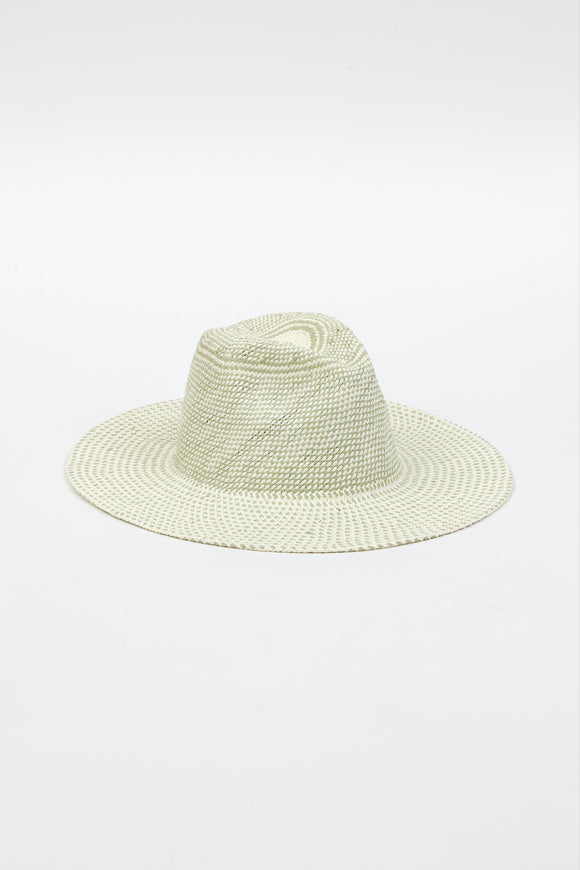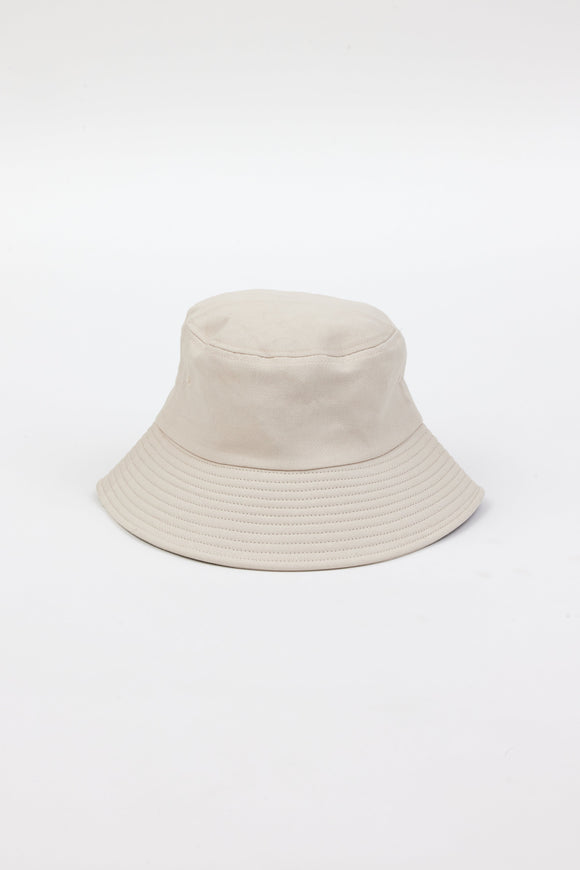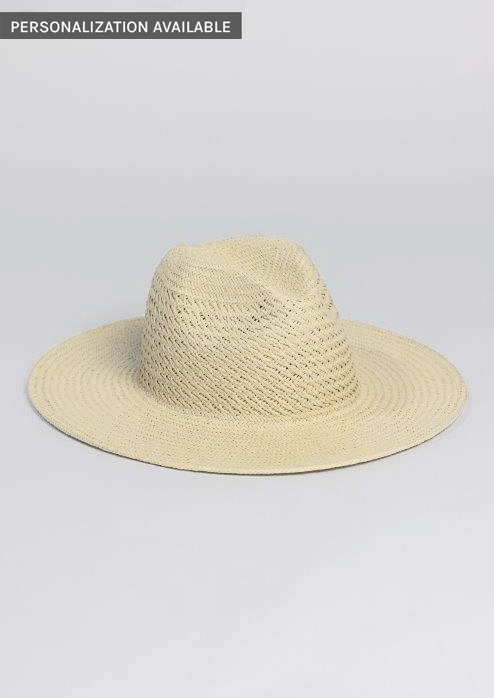Many people assume sun protection isn't necessary in winter, but that's far from true. The shorter days and less intense sunlight might make it seem like UV rays aren't a concern, but don't be fooled. UV rays are just as capable of harming your skin in winter as in summer — sometimes even more so.
Protecting your skin during winter is essential to avoid premature aging, wrinkles, and sunspots. Plus, the winter wind and low humidity contribute to dryness and sensitivity, making skincare all the more critical. In this blog, we’ll explain how winter sun exposure affects your skin and share practical tips to keep it protected and healthy in the colder climate!
What Kind of Damage Can the Sun Cause in Winter?
The most immediate and visible damage from winter sun exposure is sunburn. However, UV rays can cause other forms of harm that may take years to surface:
- Skin aging: UV rays break down collagen and elastin, leading to the gradual development of fine lines, wrinkles, and sagging skin.
- Hyperpigmentation: Over time, UV rays can stimulate excess melanin production, causing dark spots and uneven skin tone.
- Dryness: Winter’s cold, dry air makes the skin more prone to cracking and sensitivity.
- Increased risk of skin cancer: Prolonged UV exposure, even during winter, significantly raises the risk of developing skin cancer, highlighting the importance of year-round protection.
How is the Winter Sun Different From the Summer Sun?
If you're skeptical about the dangers of winter UV exposure, here’s why you should take it seriously.
Snow has a high reflectivity for sun rays and can reflect up to 80% of sunlight, which means the risk of sunburn is higher than during summer at the beach. This means that most of the sun's rays that hit the snow surface bounce back into the environment, even when it's cloudy.
Also, at high altitudes, UV radiation increases significantly — by about 20% for every 330 feet of elevation. Combine this with the increased intensity of UV rays when snow is on the ground and you have a recipe for serious skin damage.
Who Needs to Be Especially Careful About Skin Sensitivity in Winter?
Certain groups are especially prone to winter skin sensitivity. People with conditions like atopic dermatitis or other allergies have a weakened skin barrier to begin with, so extra protection is essential.
Older adults are another high-risk group due to naturally thinning skin, which retains less moisture and is more susceptible to damage. Regardless of age or skin type, everyone benefits from taking precautions during winter.
Winter Skin Protection Tips
In winter, most of your body is protected by clothing. So, let’s focus on protecting your face from the sun!
Your Winter Shield
To shield your face from the sun's rays during winter, a physical barrier like a wide-brimmed or bucket hat with a UPF 50 (Ultraviolet Protection Factor) rating is a great option. UPF measures the fabric's ability to block UV radiation (both UVA and UVB), offering reliable protection.
For winter UPF protection, here are two chic options:
- Felt Fedora: A fedora not only provides excellent UPF protection from the sun’s rays but also adds elegance to your winter wardrobe.
- Winter Bucket Hat: If you prefer a street-style look, a bucket hat offers practical coverage while keeping you stylish and adorable.

At Hat Attack we offer a variety of UPF 50 hats suitable for both winter and summer. Don’t hesitate to invest in one and start wearing it today to ensure maximum sun protection.

Sunscreen
Even when you're bundled up and sporting a UPF-protective hat, sunscreen remains a crucial step in your winter skincare routine. It acts as an additional barrier against the harsh effects of dry, cold air, and the sun's rays, which can still be strong during the winter months.
The duration of protection offered by a sunscreen with SPF 50 varies depending on factors like sun exposure, sweating, and swimming. Generally, it's recommended to reapply sunscreen every two hours or more frequently if you're spending time outdoors in direct sunlight or engaging in activities that cause sweating.

Lips are particularly sensitive because the skin there is the most thin and constantly moving – from eating to talking. It's essential to use a lip balm with SPF protection that nourishes lips with nutrients like coconut oil or aloe.
Sunglasses
Protecting the delicate skin around your eyes is also a must during winter months. This area is thin and prone to damage from UV radiation, which can lead to premature aging, dark circles or uneven skin tone. Sunglasses or goggles with wrap-around designs provide additional coverage, helping to shield both your eyes and the surrounding skin from harmful rays.
To Sum Up
Winter sun can be just as powerful and harmful to the skin as summer sun with different risks. Snow reflects UV rays and your skin is often more sensitive in winter. So, consider protecting yourself by wearing a winter hat, sunscreen, lip balm and sunglasses when you're having fun in the snow. Remember, taking care of your skin is important not only in the summer but all year round!
FAQ
- Is it necessary to protect our skin in winter, even on cloudy days?
Yes, it is absolutely necessary to protect your skin in winter, even on cloudy days. UV rays can penetrate through clouds and still reach your skin.
- How often should I reapply sunscreen during winter?
Reapply sunscreen every two hours if you’re outdoors, especially if you’re doing activities that cause sweating.
- How can I protect my skin from the sun in winter?
Use sunscreen with SPF 50+, wear UPF 50+ protective hats and sunglasses, apply SPF lip balm and keep your skin moisturized to protect against winter dryness.





